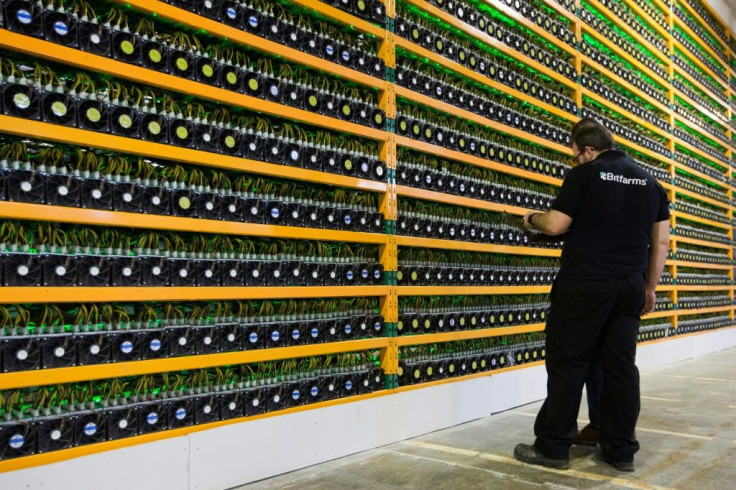White House's Push For Crypto Mining Energy Tax May Do More Harm To Environment: Expert
KEY POINTS
- The White House wants crypto mining companies to pay for the operation's impact on the environment
- But many believe the proposed tax could do more harm than good
- It could also lead to an exodus of crypto mining companies from the U.S.
The White House, in its attempt to minimize the environmental impact of the cryptocurrency industry, has renewed its attempts to talk the Congress into passing a 30% tax on the electricity used in crypto mining in the upcoming federal budget.
This move, if passed, could significantly impact the nascent industry and drive away mining companies offshore.
For the venture capitalist and popular crypto personality Nic Carter, Joe Biden's 30% punitive tax on crypto mining could backfire and do more harm than good to the environment.
He also argued it will not reduce Bitcoin mining activities, but would simply drive miners elsewhere, such as places with much higher carbon intensity.
"I don't know why they don't understand this very simple fact," the venture capitalist commented, adding, "Banning mining (this is a de facto ban) in the U.S. won't cause there to be less BTC mining. It will simply mean that mining occurs elsewhere. Other places with higher carbon-intensity BTC mining."
He cited several countries with higher carbon intensity than the U.S., where miners could move to conduct their crypto mining.
"Other dominant jurisdictions for BTC mining are China, Russia, Kazakhstan, Iran, Venezuela, Malaysia, Canada," Carter said, noting, "Every single one (w/ possible exception of Canada) has a higher carbon intensity for their generation than the mining-related generation in the U.S."
Other dominant jurisdictions for BTC mining are China, Russia, Kazakhstan, Iran, Venezuela, Malaysia, Canada
— nic 🌠 carter (@nic__carter) May 2, 2023
Every single one (w/ possible exception of Canada) has a higher carbon intensity for their generation than mining-related generation in the U.S.
In March, when the U.S. Department of the Treasury released the supplementary budget explainer paper, it underlined that "any firm using computing resources, whether owned by the firm or leased from others to mine digital assets would be subject to an excise tax equal to 30% of the costs of electricity used in digital asset mining."
At the time, KoinX founder Punit Agarwal noted the 30% tax on crypto mining could have significant effects not only in mining, but also in trading Bitcoin and other cryptocurrencies, Live Mint reported.
The founder of the cloud-based tax practice management solution said if the tax was implemented, "mining profitability could decline, potentially leading to slower transaction processing times and increased vulnerability to attacks. This could have negative consequences for the security and stability of the cryptocurrency network."
"Tax could lead to a decline in mining activities and reduce the network's security and transaction processing speeds, potentially leading to lower demand and lower prices for cryptocurrencies," Agarwal added.
"The proposed tax could signal an increased level of regulatory scrutiny and oversight in the industry, which could potentially impact broader adoption and lead to increased regulatory burdens for crypto-related businesses," the KoinX founder added.

© Copyright IBTimes 2025. All rights reserved.






















